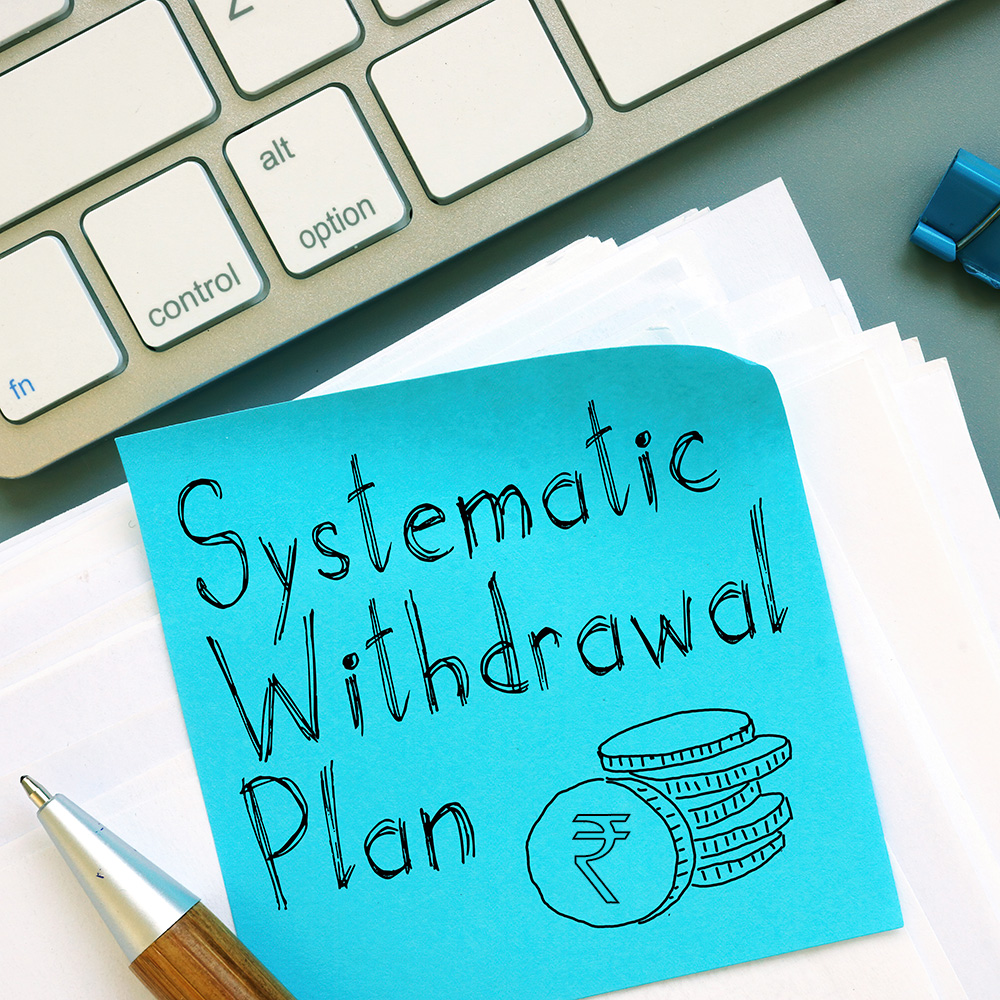Friday, February 20 2026
Source/Contribution by : NJ Publications
India is more financially aware today than ever before. Mutual funds are part of everyday conversations, digital platforms have simplified investing, and information is just a click away. Yet, when it comes to actually putting money to work, most Indians still hesitate.
The SEBI Investor Survey 2025 highlights a sobering reality. While 63% of Indian households are aware of securities market products such as mutual funds and equities, less than 10% actively invest in them. The message is clear: awareness alone does not translate into action. What investors truly need is clarity, confidence, and the right guidance.
Why Do So Many Investors Still Stay Away?
The answer lies in our deep-rooted preference for safety. Nearly 8 out of 10 Indian households prioritise capital preservation over growth. As a result, traditional instruments like fixed deposits, insurance, and gold continue to dominate household savings.
While safety offers comfort, completely avoiding market-linked investments comes at a cost-missed opportunities for long-term wealth building.
What’s more surprising is that this mindset cuts across generations. Even Gen Z, often seen as digitally savvy and progressive, displays a similar conservative approach. This suggests that risk aversion is not just a personal choice, but a cultural habit, passed down through families and reinforced by conventional financial wisdom.
Why This Mindset Needs to Change-Now
Protecting capital is sensible. But overprotecting it can be dangerous, especially in an inflation-driven economy.
The Inflation Reality:
If inflation historically averages 6% and you assume your fixed deposit earns 7%, your real return is barely 1% before tax. After tax, it may turn negative-meaning your money is quietly losing purchasing power.
The Rising Cost of Life:
-
Education costs are rising at an alarming rate, far ahead of fixed-income returns.
-
Healthcare expenses in India are projected to rise at 13% in 2025, higher than the global average of 10% as per Aon’s Global Medical Trend Rates Report 2025. The increase in healthcare cost is driven by rising hospitalisation rates and the growing adoption of advanced medical treatments.
In such an environment, relying solely on “safe” instruments may keep your money intact-but your future needs are at risk.
The Real Impact on Wealth Building
The difference between playing it safe and taking calculated risk becomes dramatic over time.
Consider a scenario where an investor invested ₹10,000 per month consistently over a 25-year period:
|
Investment Type |
Average Return |
Final Corpus (Approx.) |
|
Fixed Deposit |
7% |
₹79 Lakhs |
|
Equity Mutual Funds |
12.62% |
₹1.88 Crore |
*Assuming investment in Equity Fund and an average return of 12.62% p.a. as per AMFI Best Practices Guidelines Circular No.135/BP/109-A/2024-25 dated September 10, 2024. “Past performance may or may not be sustained in future and is not a guarantee of any future returns”. FD - Returns are Assumed
That’s a difference of over ₹1 crore-the reward for disciplined exposure to equities. This gap often defines the difference between a comfortable retirement and a financially constrained one.
How to Build Equity Exposure-Without Losing Sleep?
You don’t need to jump in headfirst. Smart investing is about gradual, planned exposure.
-
Start small with SIPs: Begin with ₹1,000–2,000 per month to experience market movements without stress.
-
Follow the 80–20 approach: Start with 80% debt and 20% equity, and gradually increase equity as confidence grows.
-
Align investments with Needs: Use equity for needs which are 7–10 years away; stick to debt for short-term needs.
-
Consider hybrid funds: Balanced Advantage or Aggressive Hybrid funds automatically manage equity-debt allocation.
-
Secure your base: Maintain an emergency fund covering 6–12 months of expenses before increasing equity exposure.
Start with MFD: DIY Can Hurt
The SEBI survey highlights lack of knowledge as one of the biggest barriers to investing. Yet, many first-time investors rely solely on YouTube videos or social media tips, leading to common mistakes-chasing hot sectors, timing the market, or panic-selling during volatility.
Seek guidance from Mutual Fund Distributors for:
-
Need identification
-
Assessing individual risk profiles
-
Maintaining discipline during market ups and downs
-
Rebalancing MF portfolios and managing taxes
-
Aligning investments with your needs
Always verify credentials-look for a valid ARN for distributors.
The Way Forward
The survey reveals an encouraging insight: 22% of non-investors plan to start investing within the next year. If you are among the 80% focused solely on capital preservation, it’s worth asking:
Are you preserving your capital-or preserving your limitations?
True financial security in today’s world isn’t about avoiding risk altogether. It’s about managing risk intelligently to beat inflation and achieve your long-term needs.
The real question isn’t whether you can afford to invest in equities. It’s whether you can afford not to.
Disclaimer: Mutual fund investments are subject to market risks, read all scheme related documents carefully before investing. Past performance may or may not be sustained in future and is not a guarantee of any future returns.






